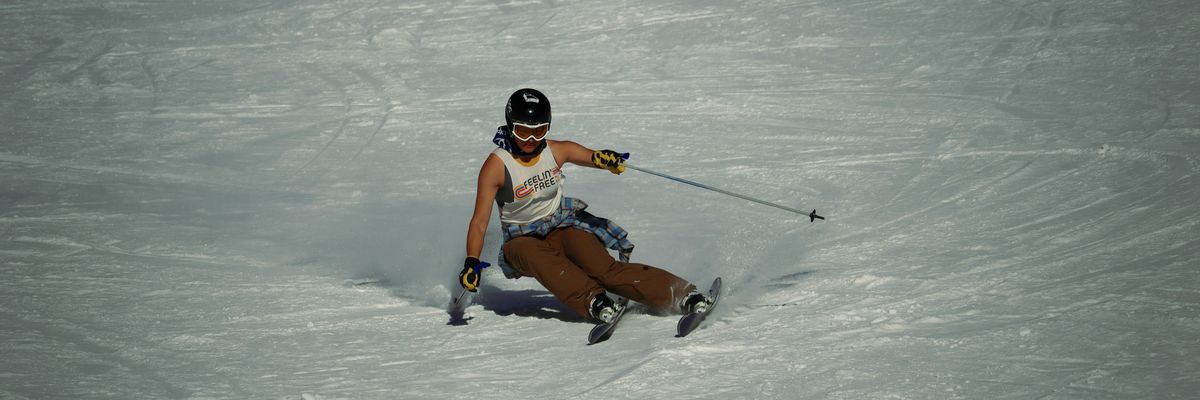Extreme heat is forcing changes to outdoor recreation across the U.S., and it's also shifting public perception, with more Americans now linking rising temperatures to climate change.
Terry L. Jones reports for Floodlight.
In short:
- In Wisconsin, ski seasons are shrinking, snowfall is declining, and lake ice is thinning — altering traditions like cross-country skiing and ice fishing.
- In Phoenix, record heat has killed hikers and forced trail closures, highlighting the growing risks of extreme temperatures even in historically hot regions.
- A Yale study found that public interest in climate change surges during heat waves, more so than during wildfires or hurricanes, suggesting heat has a broader psychological and geographic impact.
Key quote:
“Certain weather events — like heat waves — seem to produce consistent jumps in climate change interest across all regions simultaneously.”
— Yale Program on Climate Change Communication researchers
Why this matters:
As climate change accelerates, Americans are seeing its effects not in abstract forecasts but in everyday disruptions — canceled ski races, unsafe hiking trails, and disappearing ice fishing seasons. These shifts matter because they touch personal routines and regional identities, from northern winters to southwestern summers. Extreme heat is already the deadliest form of weather in the U.S., and its toll is growing. Children have died on trails in Phoenix; long-standing recreational events are vanishing. Studies show heat waves not only disrupt life but influence how people think about climate change. Public perception plays a key role in political will, and the more people feel climate change firsthand, the harder it becomes for policymakers to ignore.
Related: Global heat records shattered again as greenhouse gas levels surge
















